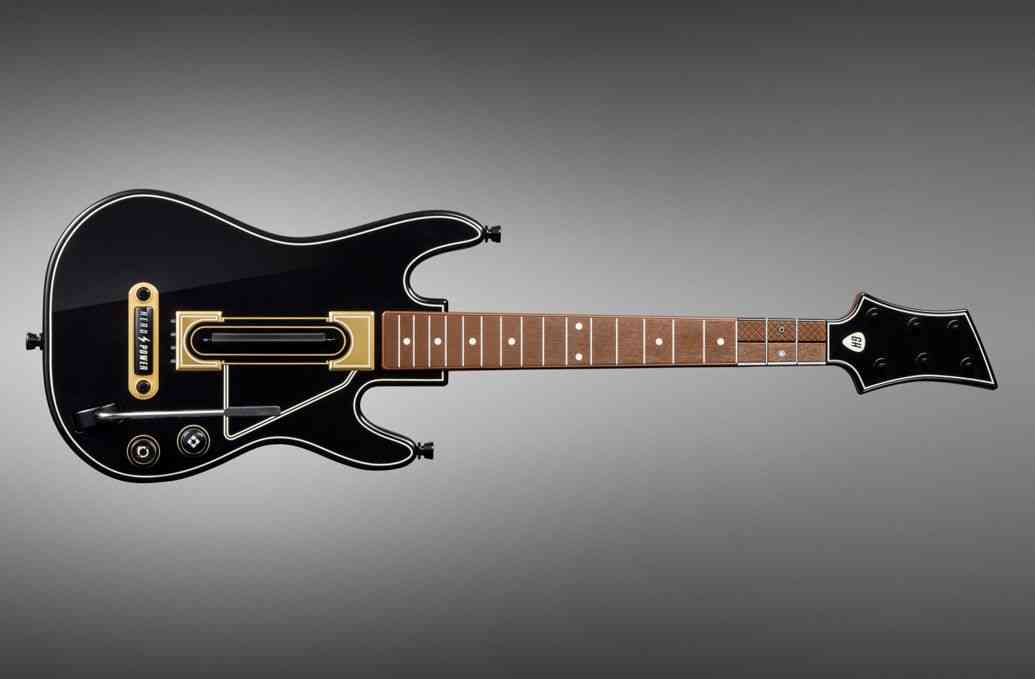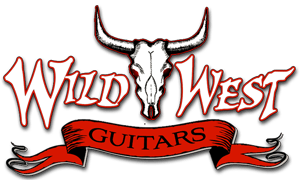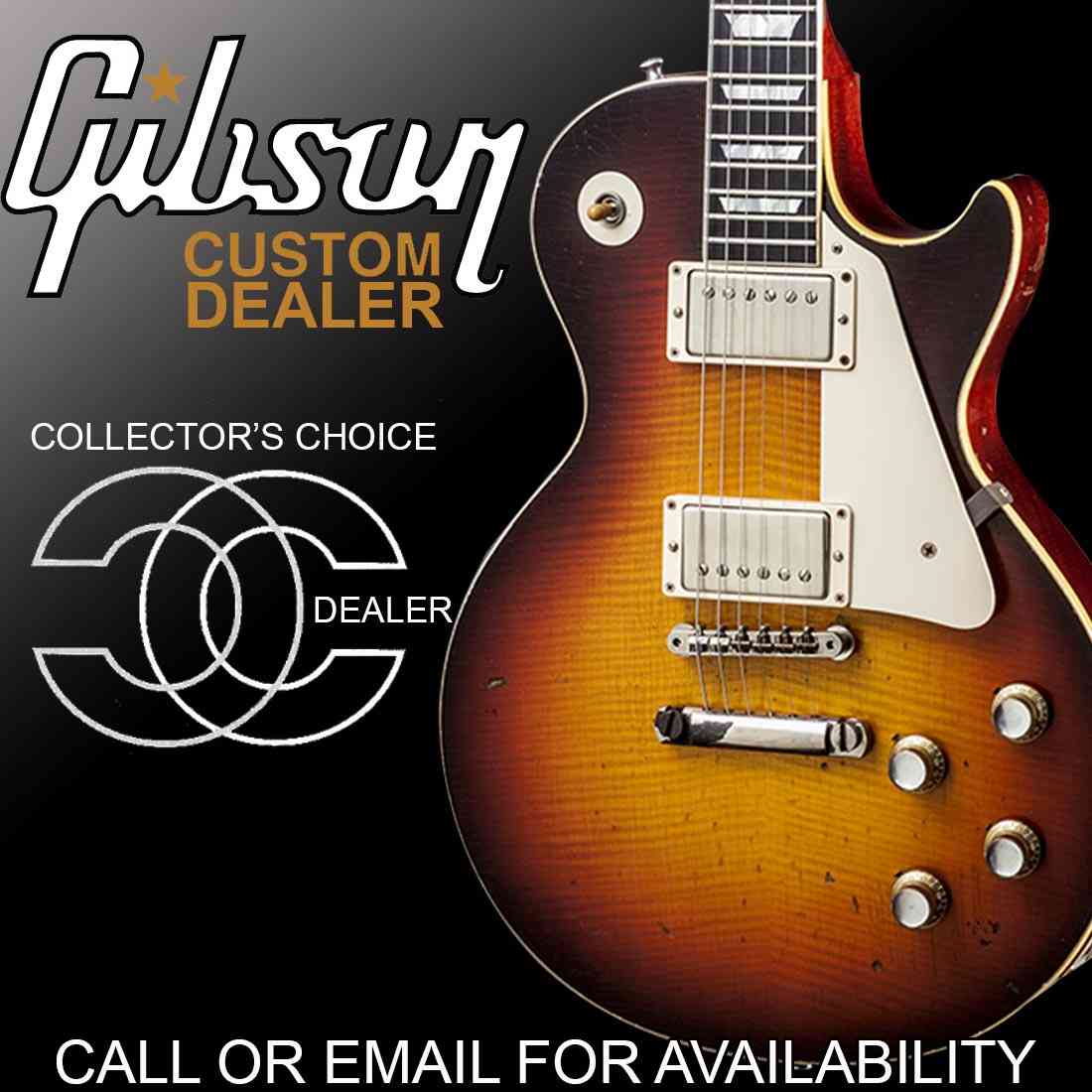A Guilty Pleasure for Any Gamer-Guitarist
- by
- Posted in
Developed by FreeStyleGames, the designers behind DJ Hero, the game, priced at $99.99, will combine the familiar functionality of a guitar controller with new features such as first-person point of view and a 24-hour music video network called GHTV. Activision has dubbed GHTV “the world’s first playable music video network,” allowing participants to play along to official videos across various genres and challenge other online players of the same skill level.
One of the biggest differences between the original game and modern version is the switch from third-person to first-person, with Guitar Hero Live showing the band, crowd and stage from the player’s point of view. When you mess up, band members will glare and mock you while the realistic-looking crowd, a major improvement from the cartoonish designs of the original, boos until you start raising your score. The game has been sonically designed to monitor where a player is in relation to the crowd and their fellow musicians. Translation: The more you backpedal away from the TV and near the drums, the more you’ll hear the drummer.
It’s unknown exactly how many songs will be available for the game, but a press release accompanying the announcement numbers the song selection in “the hundreds,” with select artists including the Rolling Stones, Green Day, the Black Keys, My Chemical Romance and Fall Out Boy. Activision officials told Rolling Stone that more song information and participating groups will be revealed at the Electronic Entertainment Expo (E3) in mid-June. Unlike the previous iteration, which saw song-hungry fans buying separate games such as Guitar Hero III: Legends of Rock and Guitar Hero: Warriors of Rock, new tracks will be updated automatically.
While the guitar controller bears a similar design to the original model, it boasts one striking difference: two parallel rows of three buttons rather than five extending down the neck. Developers have designed the faux-axe so that beginners only use the bottom three buttons, medium-level “play two-row combinations that mimic real chords” and experts “have a new challenge in creating complex chord shapes and finger combinations.”

The game will be available on PlayStation 3 and 4, Xbox One and 360, Nintendo Wii and, for the first time, mobile devices.
Activision’s announcement lays to rest nearly two months of rumors on if and when the series would be rebooted. In February, gaming site Kotaku detailed unconfirmed reports about the game, with an Activision spokesperson telling the site, “We don’t comment on rumor or speculation, but have previously said, that as one of the most beloved entertainment franchises, we would only bring Guitar Hero back if we developed the right innovations to usher the franchise into the new generation of gaming.”
Harmonix and RedOctane released the original game in 2005, with Guitar Hero becoming both a critical darling and commercial success. Aside from winning numerous gaming awards, it quickly sailed past “popular” into “phenomenon,” with bars hosting Guitar Hero tournaments, fans watching perfect games on YouTube and non-gamers strapping on a piece of plastic to live out their rock star fantasies. In 2009, the franchise, now under the eye of Activision, was one of only a handful to boast annual revenue of more than $2 billion.
Activision would go on to release different versions of the game, including Guitar Hero: Metallica, DJ Hero and Band Hero. But the collapse of the U.S. economy, coupled with waning interest in the series and increasing costs of licensing music, forced the company to release its last game, Guitar Hero: Warriors of Rock, in 2010. “There was nothing that Activision or anybody could have done to save Guitar Hero,” Jesse Divnich, vice president of analyst services for Electronic Entertainment Design and Research, told Wired in 2011.
The game will be entering a vastly different landscape than when it first premiered. With album sales continuing to decline year-over-year, record conglomerates will presumably play nicer with video game companies than in 2009, when Warner Music Group CEO Edgar Bronfman told analysts (via Wired), “The amount being paid to the music industry, even though [these] games are entirely dependent on the content we own and control, is far too small.”
As the music industry looks for alternative sources of revenue and consumers face more distractions than ever before, the two sides will need to work out a more amenable arrangement to avoid a war of attrition. It remains to be seen whether Guitar Hero will be able to rekindle its massive popularity and find a new generation of fans.
Read more: http://www.rollingstone.com/culture/news/guitar-he… Follow us: @rollingstone on Twitter | RollingStone on Facebook
Jason Newman April 14, 2015




